Chicharos, purple wood, wild blackberries, catacous, alcagoitas, parsnips, boiled or boiled corn, yellow or garrentas sardines. These are just a few examples of the forgotten foods that will now be brought back to the table – or on the picnic tablecloth – in an innovative festival that will be the big news of the fourth season of the 365Algarve programming, which starts in October.
This is the Forgotten Food Festival, which begins with four «Charming Picnics», the first of which will be held on the 19th of October, in Azilheira, in the parish of S. Marcos da Serra. The following will also be in «inspiring places» in the Algarve, namely the village of Penina (interior of Loulé, on the 28th of March next year), Santo Estêvão (Tavira, 18th of April) and Cacela Velha (2nd of May).
These picnics "in the style of the 30s, 40s", with participants sitting on blankets on the floor and food served in baskets, will have a menu "prepared by a Head, differentiating and as closely linked to the place as possible”, but also theatrical entertainment, with the Resmalhar Association, and also folk music, with a ball and accordion. A real Algarvian-style picnic in the countryside.
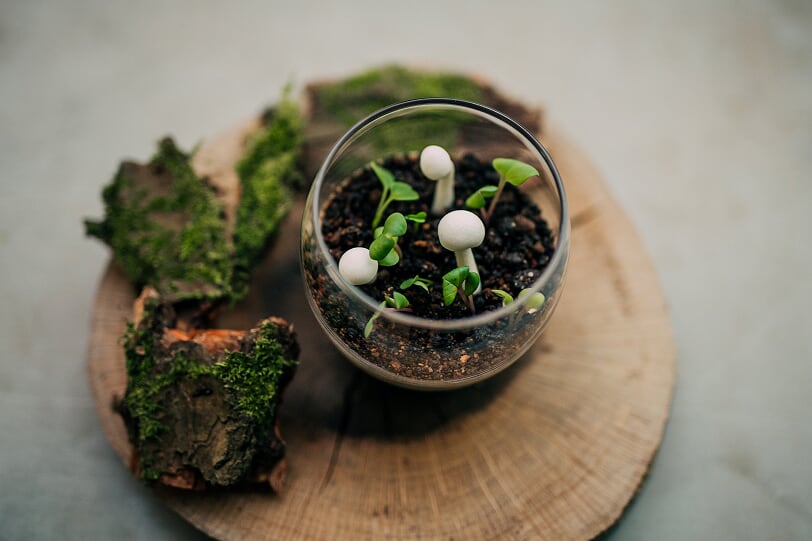
There will then be the «Momentum, from Floresta à Prato», sensory dinners prepared by students of the Master in Innovation in Culinary Arts at the Estoril School of Hotel and Tourism, in which diners will be able to «touch, eat and taste» the food.
The dinners will take place in monuments and historical sites, namely the Costume Museum of São Brás de Alportel (8th of November), the restored Convento do Carmo, in Lagoa (9th of November), and the hermitage of Nossa Senhora de Guadalupe, in Vila do Bispo (November 10th).
This is followed by the «Colher e Cookar» initiative, which will propose «more intimate experiences», starting with «walks along the vegetable garden of some producers, where people will pick, with their own hands, what they will then cook and eat".
The owner of each garden will be the host, guiding the participants through the history and stories of the place. The first event will be on November 30th, in Giões, in Recantos d'Aldeia (Alcoutim), followed by Ponte da Tôr (interior of Loulé, on December 8th) and Maria Vinagre (Aljezur, on February 23rd) .
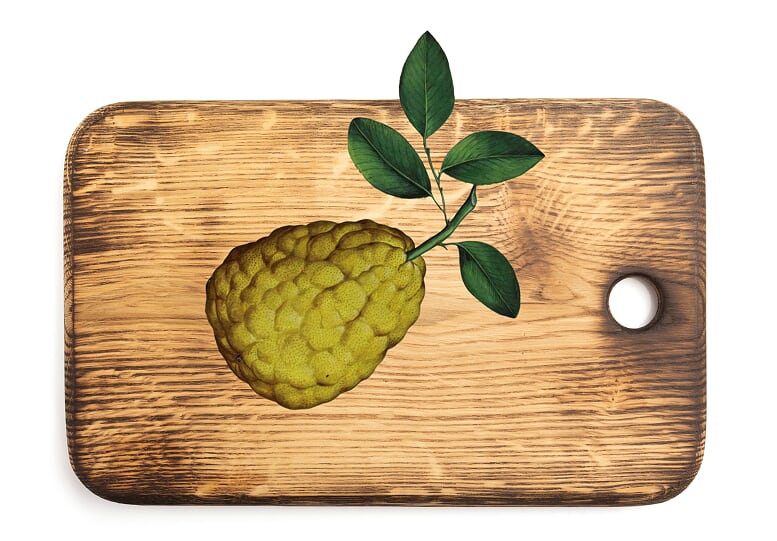
The entire program of the Forgotten Food Festival will end on May 30, with the closing party «Na Casa da D. Glória», dedicated to «food of the Algarve families», which will take place throughout the day in the center of the village of Querence. There will be a market in the square, with local and traditional products, families from Querença will open the doors of their homes to feed tourists, all accompanied by music, with the Folequestra group.
Only this last initiative will have free entry, as all the others are aimed at more restricted groups, with tickets for each one of them being expected to go on sale soon on the BOL platform.
The idea of this Forgotten Food Festival, as he explained to Sul Informação the cultural producer and designer Alexandra Santos, member of the QRER Cooperative (which promotes the festival), is «to work on the problem of food traditions that are on the verge of extinction».
"We want to raise awareness of this, with a tourism project that offers a different offer that is suited to current trends, with a strong cultural and gastronomic aspect," he added.
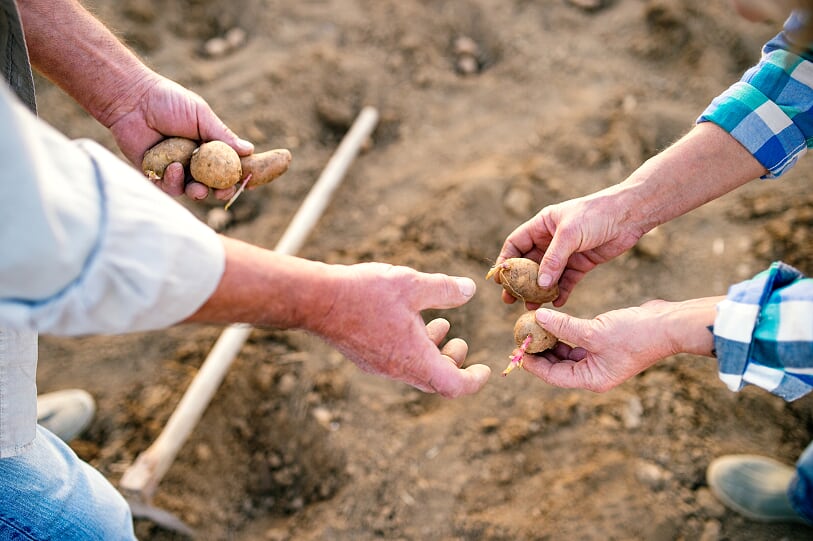
One of the forgotten foods has the strange name of catacuz. Susana Calado Martins, another of the Festival's co-organizers, also a member of the QRER, explains that it is “a wild herb, formerly commonly used by people in the Azilheira area, for example”. This herb, "which the ladies of Azilheira told us a lot about", was discovery by Susana during a recent visit to this small mountain town, as part of the research to prepare the various activities that will shape this Forgotten Food festival.
With this initiative, which goes to the roots of local restaurants, “we are not being nostalgic, we are not saying that the past was good. Our work is rather about intangible heritage, which is being lost», explains Alexandra Santos.
Today, comments the cultural producer, “there is a great disconnect between the origin and what we eat. We buy a lot of packaged stuff, without knowing where it comes from». The programming of this Forgotten Food Festival wants, precisely, to promote this reconnection between people and the origin of their food.
Susana Calado Martins adds that the program, which is aimed at tourists of all nationalities who seek the Algarve out of high season, «is consistent with our message and with our own work». “We are going to try that events are not just about traditions, about memory. That's not our only concern. We also want to use the products from each location. For example, whoever participates in the picnic in Azilheira, will know that the kale they are eating is from there and was not bought in any hypermarket on the coast».
«We want authenticity and connection to the earth, because that is also what the more enlightened tourists are looking for», adds Alexandra Santos.
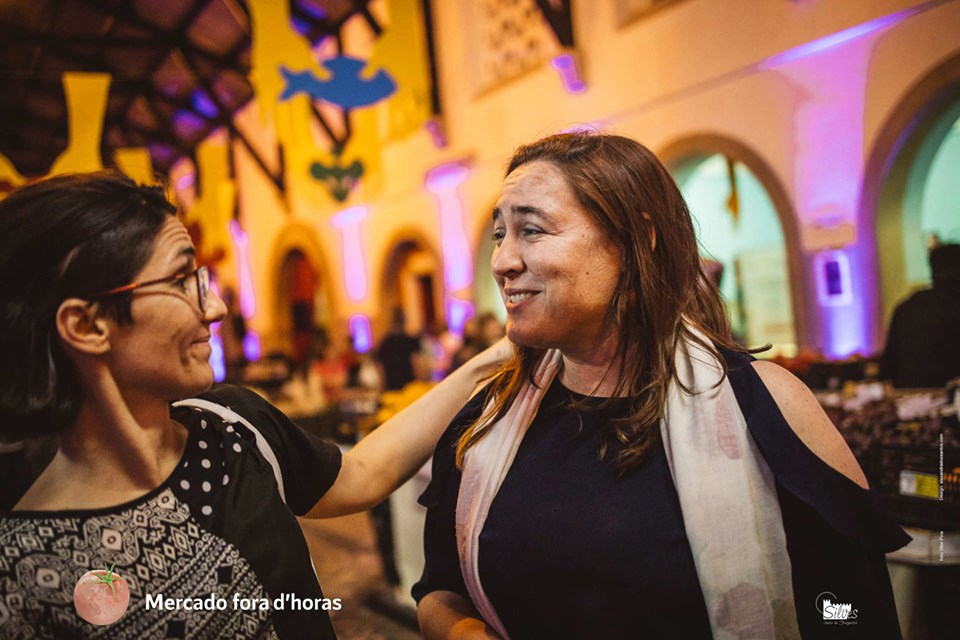
But don't think that, as they go to recover food that was once eaten in the Algarve, from the sea to the mountains, there will only be menus based on old, traditional recipes. There will also be innovation, with the menus to be created by chefs, which depart from this tradition, this memory and local products, to create new dishes.
This will be particularly evident in the «Momentum – da Floresta ao Prato», an event that has already taken place in the Serra de Sintra and which now, «without losing its identity, will be adapted to reality and to the products available in the Algarve».
The Forgotten Food Festival will pass through nine Algarve municipalities, from October to May: Aljezur, Vila do Bispo, Silves, Lagoa, Loulé, São Brás de Alportel, Tavira, Vila Real de Santo António and Alcoutim. All the chosen locations are inland, with the exception of Cacela Velha, which is «still a rural place».
The entire concept of the festival was designed for the participation of small groups, which will never exceed 45 people and, sometimes, will even be much smaller. "These events will take place in protected sites or should be, so we could never have a large load of people," said Alexandra Santos.
«We want to transmit an enriching gastronomic experience and this is only done in a more intimate way», adds Susana Calado Martins.
As already mentioned, only the final party, in Querença, will be open to the public, as it is in the village square. And it will really be a real party, with “a lot of snacks, a lot of music, a lot of dancing”. All to celebrate the Forgotten Food and a certain rural world that, despite being very much threatened, still manages to be the pillar of innovative sustainable tourism projects.
The Forgotten Food Festival, integrated in the 365Algarve program, is promoted by Cooperativa QRER, being a collective conception of its Baroque, Cultural and Touristic Products (Susana Calado Martins) and Alexandra dos Santos Design cooperators, with the collaboration of Pedro Bartilotti .
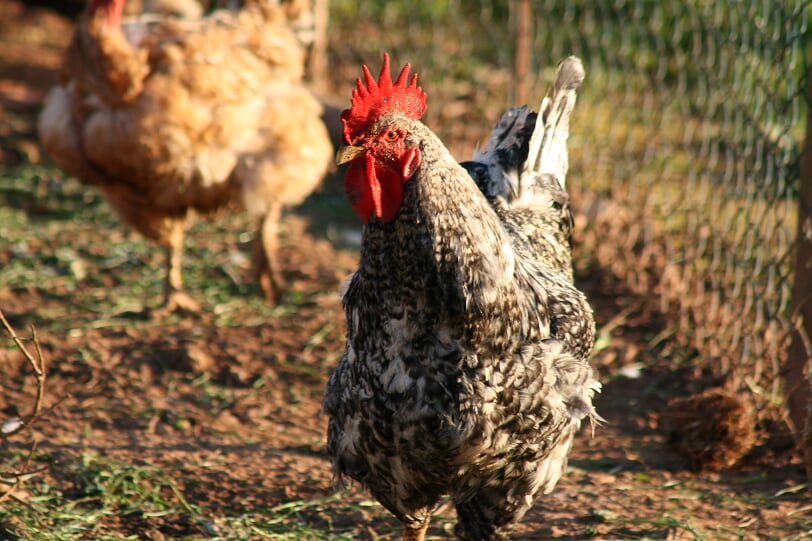
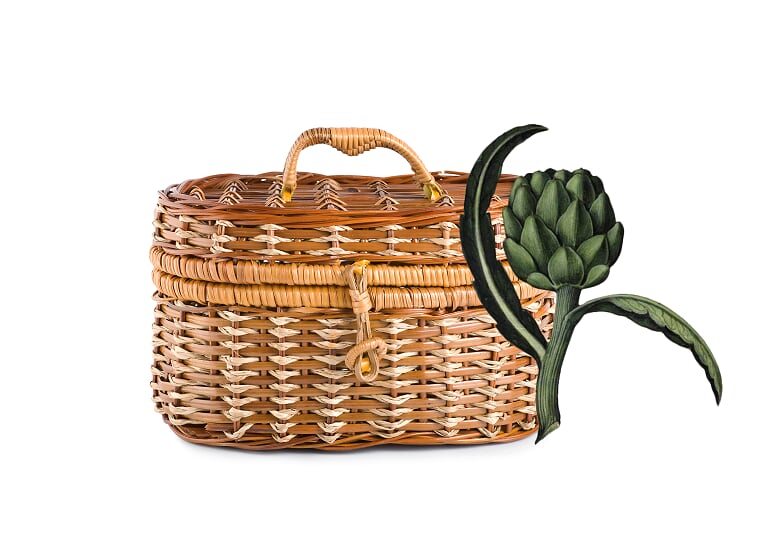


















Comments